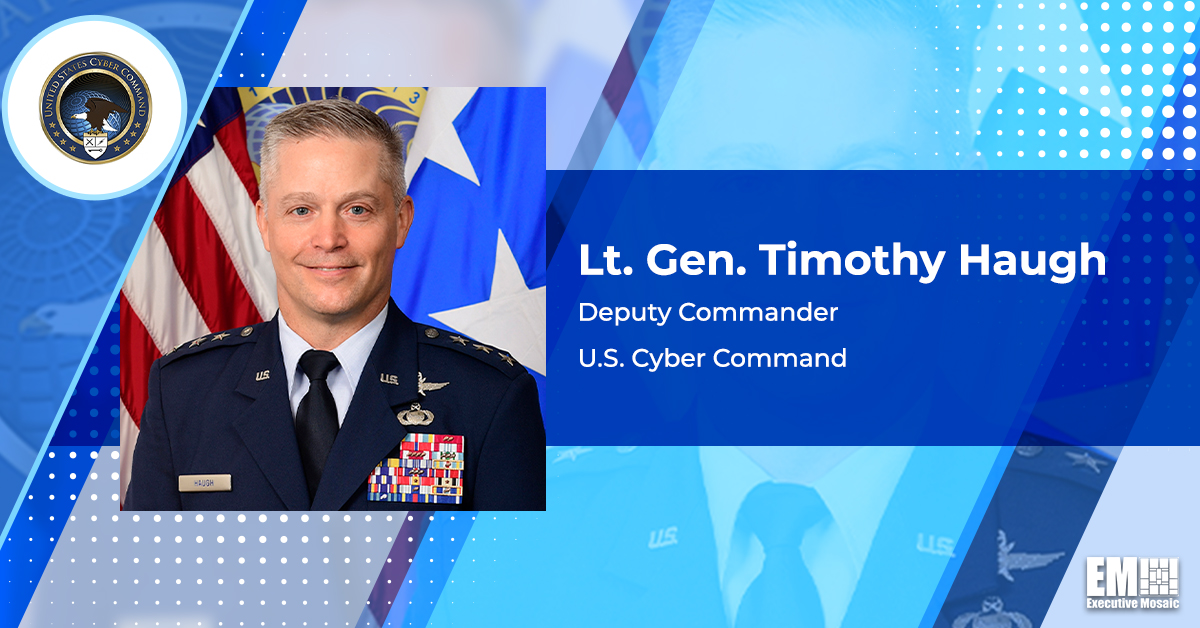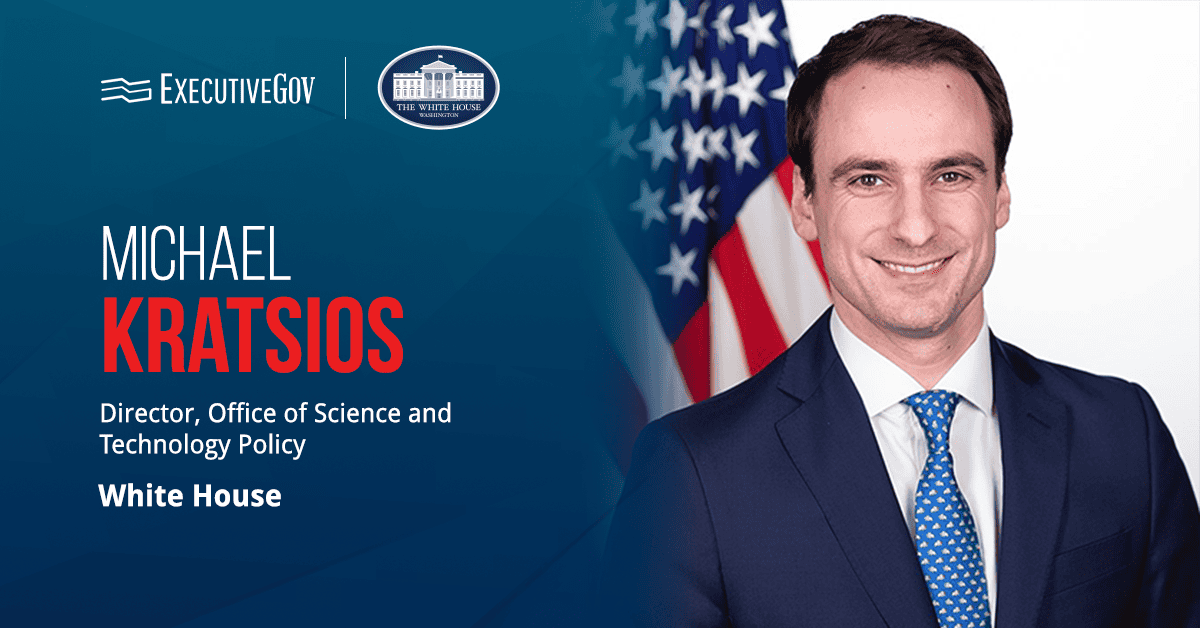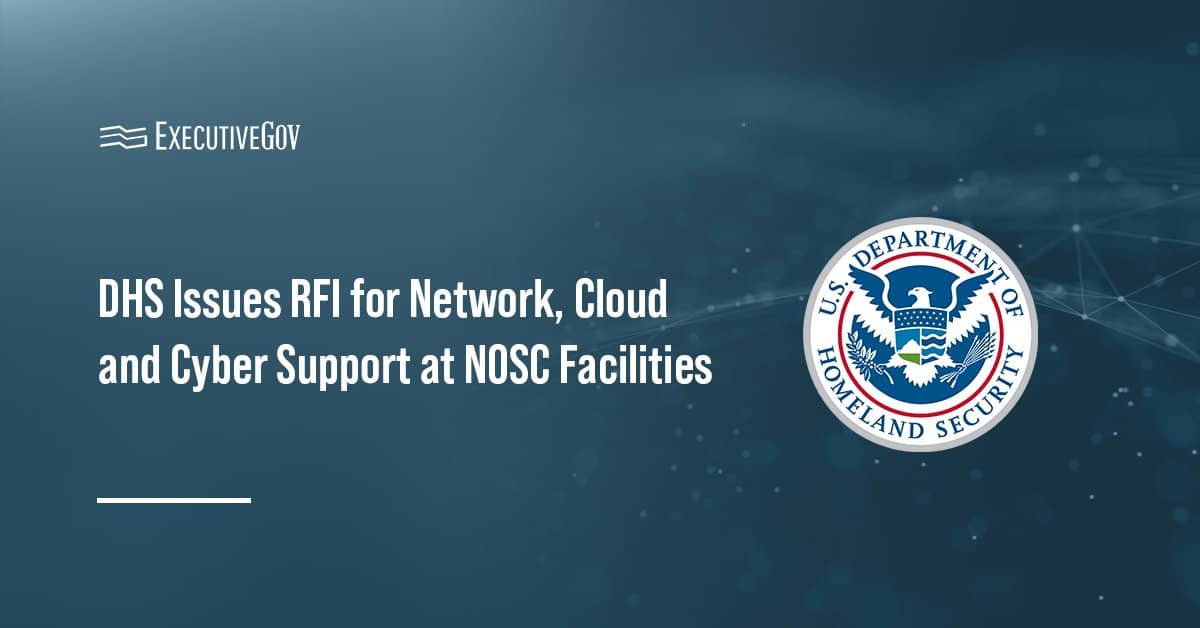U.S. Air Force Lt. Gen. Timothy Haugh, the White House’s nominee for the role of commander of U.S. Cyber Command and director of the National Security Agency, said he recognizes the importance of Section 702 of the Foreign Intelligence Surveillance Act in offering foreign intelligence to meet national priorities.
“In my experience, intelligence derived from Section 702 has been critical in counterterrorism, cybersecurity, counterintelligence, countering international drug trafficking, and strategic competition,” he said in response to advance policy questions by the Senate Armed Services Committee.
FISA’s Section 702 is set to expire by the end of 2023.
Haugh, current deputy commander of CYBERCOM, said that if confirmed, he would work with Congress to ensure that surveillance operations authorized under Section 702 are carried out in accordance with the constitution and laws.
He stated that any injury, death or damage to property caused by cyber operations would be considered an act of war in the cyber domain that would drive a country to defend itself against such threats.
“Ultimately, whether an act in cyberspace warrants a U.S. response in self-defense is a determination for our civilian leadership,” he added.
Haugh said he believes the dual-hatted duties currently assigned to Gen. Paul Naksone should be maintained because it improves the effectiveness of CYBERCOM and NSA.
“The signals intelligence and cyber operating environments substantially overlap. Eliminating the dual hat would reduce relevant visibility and understanding across both mission sets, increasing risk to intelligence sources and operational activities,” he noted.





